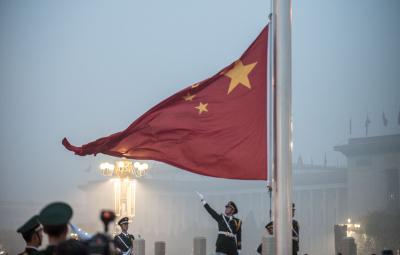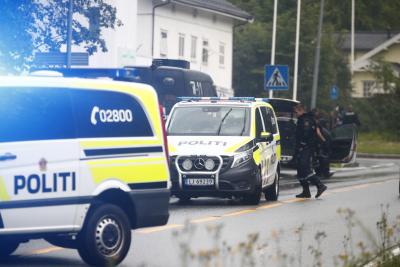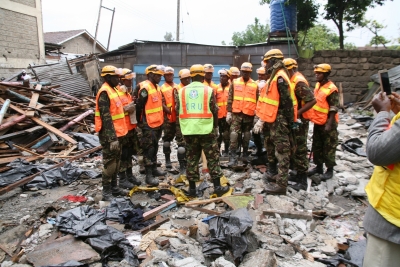
United Nations, Sep 28 (IANS) “The UN is in a state of crisis”, External Affairs Minister S Jaishankar declared, emphasising the dire need for reforming the Security Council, a process that is held hostage by a cynical minority.
“Central to the erosion of UN’s credibility has been resistance to reform”, he told the General Assembly on Friday.
“Most members strongly desire change, but the process is being made an obstacle to the outcome”, he said. “It is imperative that we see through this cynicism and purposefully address the reform agenda.”
Progress for reform is blocked by a group of 13 countries known as Uniting for Consensus (UfC), which is led by Italy and includes Pakistan and Canada, that has prevented the adoption of the negotiating text creating a stalemate.
When the Council is reformed, Jaishankar said, “India stands ready to assume greater responsibilities”.
Council reforms and getting a permanent seat are a prime diplomatic goal of India.
Permanent and non-permanent seats on the Council must be expanded, and it must be truly representative, he said.
“The historical injustice done to Africa should be redressed”, he said reflecting the widespread demands by countries on the continent and others heard this week.
Although most of the peacekeeping operations mandated by the Council are located in Africa, it does not have a permanent seat under a system established 80 years ago, when most of the 193 members were under colonial rule.
“These are certainly challenging times for the international community”, he said. “Many of our assumptions and expectations no longer hold”, he said.
Enumerating the problems the world body faces, he said, “When peace is under threat from conflicts, when development is derailed by lack of resources, when human rights are violated by terrorism, the UN remains gridlocked”.
“As its ability to forge common ground diminishes, belief in multilateralism also recedes”, he said.
“International cooperation must prevail because islands of prosperity cannot flourish in an ocean of turbulence”, Jaishankar said. “A world order requires common purpose, as it does empathy for others. That is where we look to the United Nations”.
–IANS
al/rs




